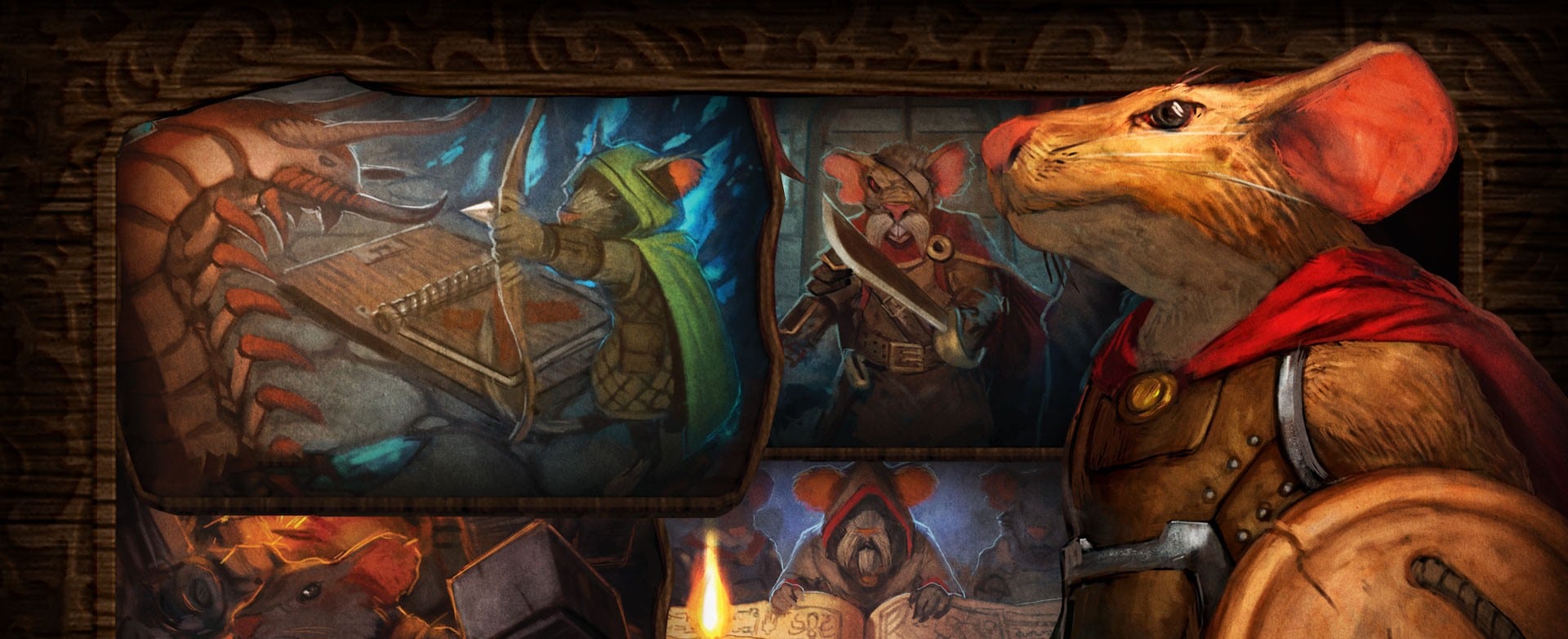For those who haven’t been paying attention to the hobby board game industry in the last decade or so, one of the more interesting and sweeping developments has been the rise of the co-op game. While most gamers traditionally think of board games as a competitive endeavor, games like 2001’s Lord of the Rings: The Board Game, 2005’s Arkham Horror and 2007’s Pandemic brought to the forefront a different way of thinking about tabletop games. While co-op mechanics were not entirely new to board games (games like 1968’s Cooperation or 1979’s Adventures in the Dungeon show the mechanics have been around for decades) they didn’t experience the vast popularity these more modern offerings have had. For video gamers, co-op games have existed for decades, though their popularity has waxed and waned. For board gamers this felt like something new and different. As developers have streamlined rules and improved mechanics, co-op games have only gotten better.
It’s a style of game that all families need to consider adding to their collection. Here are a few thoughts why:
Leveling Up Their Gaming
One of the biggest benefits of playing co-op games with younger gamers, is the ability to discuss strategy, and actively teach the game while playing. Since there is typically no hidden information, players can literally show their hand and discuss strategy. Talking your child through decisions, asking them questions about their thought process, explaining rules they may have misunderstood — all of these things can happen in the midst of gameplay, rather than after the fact. This leads to great opportunities to teach new mechanics to kids. If there is ever a time to ignore age recommendations, it is with fully cooperative games. Experienced players can help younger players with the more complex elements of the game, or let them play above their level.
Building Better Leaders
Since co-op games are all about working together to achieve a common goal, they are almost impossible to win without strong teamwork. Kids will have to communicate actively, discuss strategy, identify short and long term goals, identify risks, and divide responsibilities to achieve a collective outcome. If this sounds like someone writing a performance review for a corporate mid-level-manager… well, it isn’t far from it. Teamwork is a valuable life skill, and being able to negotiate personal goals with those of your team, and collaborate effectively are skills that will get you far in life. Being able to practice these skills when the real-life risks are low make it far easier to take risks and try on different roles within the group. Hopefully this will help kids build the confidence to collaborate and take on leadership roles in other aspects of their lives.
Learning Good Behaviors
One of the challenges every gamer family faces is sportsmanship. Teaching kids to be gracious losers, or even gracious winners, can be a challenge at times. One of the ways we can help teach these skills is by modeling them ourselves, and being able to do that at the time when it’s most relevant to the child makes it all the more impactful. While you can’t exactly congratulate the game on a good showing when you lose, you still can demonstrate to your kids how to lose without taking it too hard. Spend time to process with them the idea that, even though you lost, you still had fun and enjoyed the game. With shared losses and shared victories, kids feel less singled out, and less likely to get discouraged when things don’t go their way. By building their tolerance for losing, you can ease the into losing in more competitive games.
Parental Challenges
This is not to say that co-op games are not without their pitfall. For some, the games can start to feel a little “puzzly” and less like an interactive experience. The biggest pitfall for many parents is taking over too much for the kids and becoming what has been called an Alpha Gamer. It’s perhaps the biggest cautionary tale when playing a co-op game with your kids. Talk them through their decisions, ask them questions, but let their decisions be theirs. Be OK with losing (an important lesson for parents too!) Accept that your kids will make mistakes, and let them. If they realize it later, that will actually make the lesson more impactful than if you corrected them in the moment. Better yet, ask your kids questions on *your* turn, and see what they suggest. This can serve two purposes – it allows your kids to feel like their opinion is valued and that the game is truly collaborative, but also it allows you to talk through your own thought process for your actions. This allows you to discuss strategy and teach those that need help without you taking over their actions on their turn. Remember, the first goal of playing the game is to have fun.
We hope this will give you a little more insight as to why co-op games might work for your family. They aren’t for everyone, but for those just branching into hobby board gaming or looking to try out new mechanics, it’s a great entry point.
Looking for a few suggestions? Head on over to ourFavorite Co-op Board Games list, and get some ideas for yourself!
